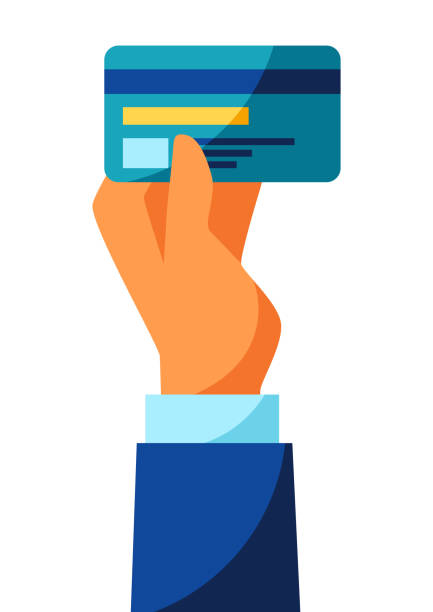The European health insurance card ( EHIC ) certifies the insured person’s rights to French health insurance.
During a trip or a short stay in Europe, the insured should apply for a European health insurance card.
The EHIC can allow the payment and reimbursement of the patient’s unforeseen and necessary medical care in the country of stay.
Can my Vitale card be used in other European countries?
The Vitale card does not cover the insured’s health costs on a European scale. It allows the reimbursement of medical expenses only on the national territory; the insured cannot be covered by the Vitale card when traveling abroad.
Suppose the insured person stays temporarily in the European Union, Norway, Liechtenstein, Iceland, or Switzerland (holidays, professional stay, linguistic stays, etc.). In that case, he can apply to his health insurance fund for the European card health insurance.
The EHIC: covering health care in Europe
The European health insurance card allows a person to be covered during a trip or a short stay in Europe. The EHIC is nominative and individual. It must be presented for each family member, including minors under the age of 16. For example, a child taking a school trip to Europe must have a European health insurance card.
The EHIC covers health expenses in Europe during a temporary stay:
- Weekend
- Vacation
- Cultural or linguistic stay
- Studies or internship
- School trip
- Job search or business trip
The EHIC applies to all those insured under the Social Security scheme, regardless of their status ( employee, student, beneficiary, etc.).
The notion of temporary stay should be distinguished from the idea of residence. In the event of a transfer of residence outside France, the EHIC does not allow care reimbursement.
The European Health Insurance Card (EHIC): for which countries?
The EHIC covers the insured in the reimbursement of his medical expenses within the scope of European regulations: Germany, Austria, Belgium, Bulgaria, Cyprus, Croatia, Denmark, Spain, Estonia, Finland, France, Greece, Hungary, Ireland, Iceland, Italy, Latvia, Liechtenstein, Lithuania, Luxembourg, Malta, Norway, Netherlands, Poland, Portugal, Slovak Republic, Czech Republic, Romania, United Kingdom (at least until December 31, 2020, during the period of transition), Slovenia, Sweden, and Switzerland.
The European Health Insurance Card is not valid outside Europe.
What is the price of the European Health Insurance Card?
The EHIC is entirely free and remains valid for two years.
What is the European Health Insurance Card (EHIC) used for?
The EHIC allows the insured to consult a healthcare professional and to have access to hospital services at the same rates as those insured in the European country in which they are located.
Coverage by the EHIC is valid for unforeseen and medically necessary care, for treatments that prevent the insured from returning to France for treatment and interrupting their stay.
Depending on the country where the insured is located, two scenarios are possible:
– The service is free. He does not advance the costs but must eventually pay the co-payment.
– The service is chargeable. The holder of the European health insurance card pays the costs in advance. He can then request a refund:
- On-site, with the competent health insurance institution of the country of stay. The care will be done according to the social legislation and the formalities in force in the country.
WHERE
- Back in France. The insured person who presented his European health insurance card during his treatment shall submit the proof of treatment and the invoices to his health insurance body, along with the cerfa 12267*04 form “Care received abroad.” He can then choose to be reimbursed based on the French Social Security rates or the rates of the country of stay.
Some free services in France are not accessible in other countries. It may be worth choosing a doctor affiliated with the legal health system to avoid unpleasant surprises.




